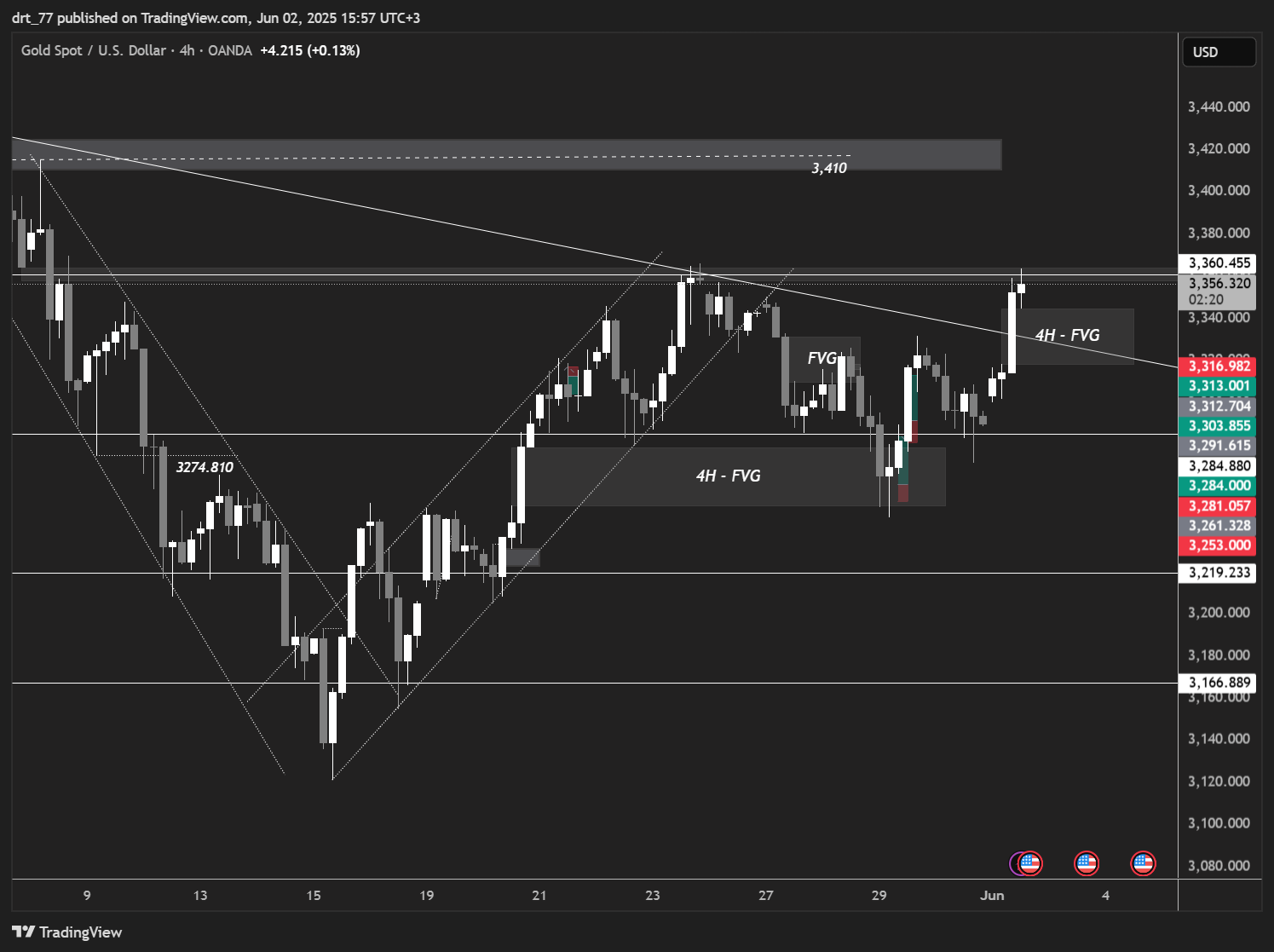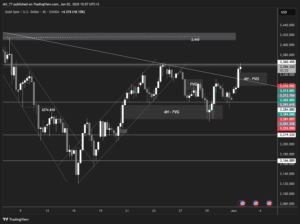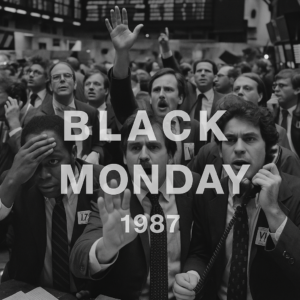Eurozone CPI dropped, while Core CPI rose slightly from the previous month.
According to data released by Eurostat on Friday, the euro zone’s inflation rate fell in March, but underlying price growth picked up. This primarily supports the case for further interest rate increases by the European Central Bank.
The core inflation measure, which economists refer to as a stronger indicator of the fundamental trend because it does not include the cost of electricity and food, increased slightly from 7.4% in February to 7.5%. According to analysts surveyed by Reuters, the 20 nations that share the euro currency were anticipated to see headline inflation of 7.1% and core inflation of 7.5%.
The European Central Bank (ECB) has held off on promising additional rate increases after a record run of gains, saying that it will rely on whether the present turmoil in the financial sector subsides and on statistics, including underlying inflation.
Oil rose as demand hopes revived, backed by increased Chinese factory activity.
Oil prices rose in early Asian trading Friday, March 31, as sentiment rose, supported by the increase in China’s factory activity and the growing concerns about supplies from the Middle East.
China’s manufacturing activity grew in March slower than a record increase in February; however, it still exceeded economists’ forecasts in a Reuters poll. After anti-coronavirus restrictions were lifted, China’s industrial activity has become a significant price determinant amid weak global demand in the past few weeks.
Oil prices are heading for gains for the second week in a row after the biggest bank failure since the 2008 financial crisis unnerved traders and roiled markets.
Brent crude futures rose 15 cents, or 0.19 percent, to $79.42 a barrel. It had risen about 6% this week. US West Texas Intermediate crude rose 17 cents, or 0.23%, to $74.54, after rising nearly 8% this week.
The US Energy Information Administration said that crude stocks in the United States fell unexpectedly in the week ending March 24, recording the lowest level in two years.
Markets are now awaiting the releases of spending and inflation data in the United States, which will be released today, Friday, and its impact on the dollar’s value.
US indices closed higher.
The rally of technology stocks and hopes of easing monetary tightening have supported US indices to bull and close higher.
The Dow Jones index rose by 0.4%, or the equivalent of 141 points, surpassing 32,800 points, achieving its highest closing in 3 weeks. The index tends to achieve monthly gains of about 0.6%, equivalent to 200 points, in March, despite the banking crisis that dominated the performance of the markets during this period.
The S&P 500 rose by 0.6% to 4,050 points, its highest close in 6 weeks. The index is on track to achieve monthly gains of more than 2%, recording the second quarterly gain in a row, despite the losses of the US banking crisis.
The Nasdaq Composite Index rose by 0.7% to close above 12,000 points for the first time in 6 weeks. The Nasdaq Composite is getting closer to achieving its highest quarterly gain in more than two years after the index’s rises reached about 15% since the beginning of the first quarter of this year.
On the other hand, the US regional banks index fell by more than 2% after the Biden administration proposed a limited list of new measures to strengthen medium-sized banks that it said could be paid without going to Congress.
The dollar is heading for a quarterly decline, with interest rate hike bets dropping.
The dollar is heading towards recording a second consecutive quarterly loss on Friday, March 31, while investors believe that US interest rates are close to their peak, and it seems that modest support resulting from the demand for safe havens in mid-March is about to end, after concerns about the banking sector rocked the markets.
Three weeks ago, the collapse of the Silicon Valley bank unleashed broader concerns about confidence in the banking sector worldwide, prompting UBS to take over rival Credit Suisse and send bank shares higher.
Today, currency markets were generally more stable than stocks. The dollar index fell 1.3% during the first quarter of the year. The euro rose 0.5% overnight after stronger-than-expected inflation data in Germany boosted expectations of further rate hikes in the eurozone. In the latest Asian transactions, the euro rose slightly to $1.0908. The dollar rose 0.2% against the yen to 133.07 yen.
The New Zealand dollar hit its highest level in nearly two weeks at $0.6296 and fell about 1% during the year’s first quarter. As for the Australian dollar, it rose 0.2% to $0.6721 and is also down about 1.3% during the quarter.
The British pound rose 0.1% to $1.2400 and is looking forward to a quarterly gain of 2.5%, as investors believe that severe British inflation will require further rate hikes to curb it.
Virgin Orbit will cease operations soon, with 90% of its workforce laid off.
Virgin Orbit has ceased operations “for the foreseeable future” after failing to secure financing for its activities, CEO Dan Hart told employees during a plenary meeting Thursday afternoon, announcing the company’s plan to lay off about 90% of its workforce.
“Unfortunately, we were unable to secure financing to provide a clear path for this company,” Hart said. Hart had given company employees brief daily updates since Monday, when Virgin Orbit, at the last minute, postponed a scheduled all-staff meeting to Thursday.
Virgin Orbit shares closed Thursday’s session at 34 cents per share after falling by 82% since the beginning of this year.
Virgin Orbit has developed a system that uses a modified Boeing 747 to send satellites into space by dropping a missile from under the plane’s mid-flight wing. But the company’s last mission suffered a mid-flight failure, with a problem during launch causing the rocket to miss orbit and crash into the ocean.
Disclaimer: This article is not investment advice or an investment recommendation and should not be considered as such. The information above is not an invitation to trade and it does not guarantee or predict future performance. The investor is solely responsible for the risk of their decisions. The analysis and commentary presented do not include any consideration of your personal investment objectives, financial circumstances, or needs.





